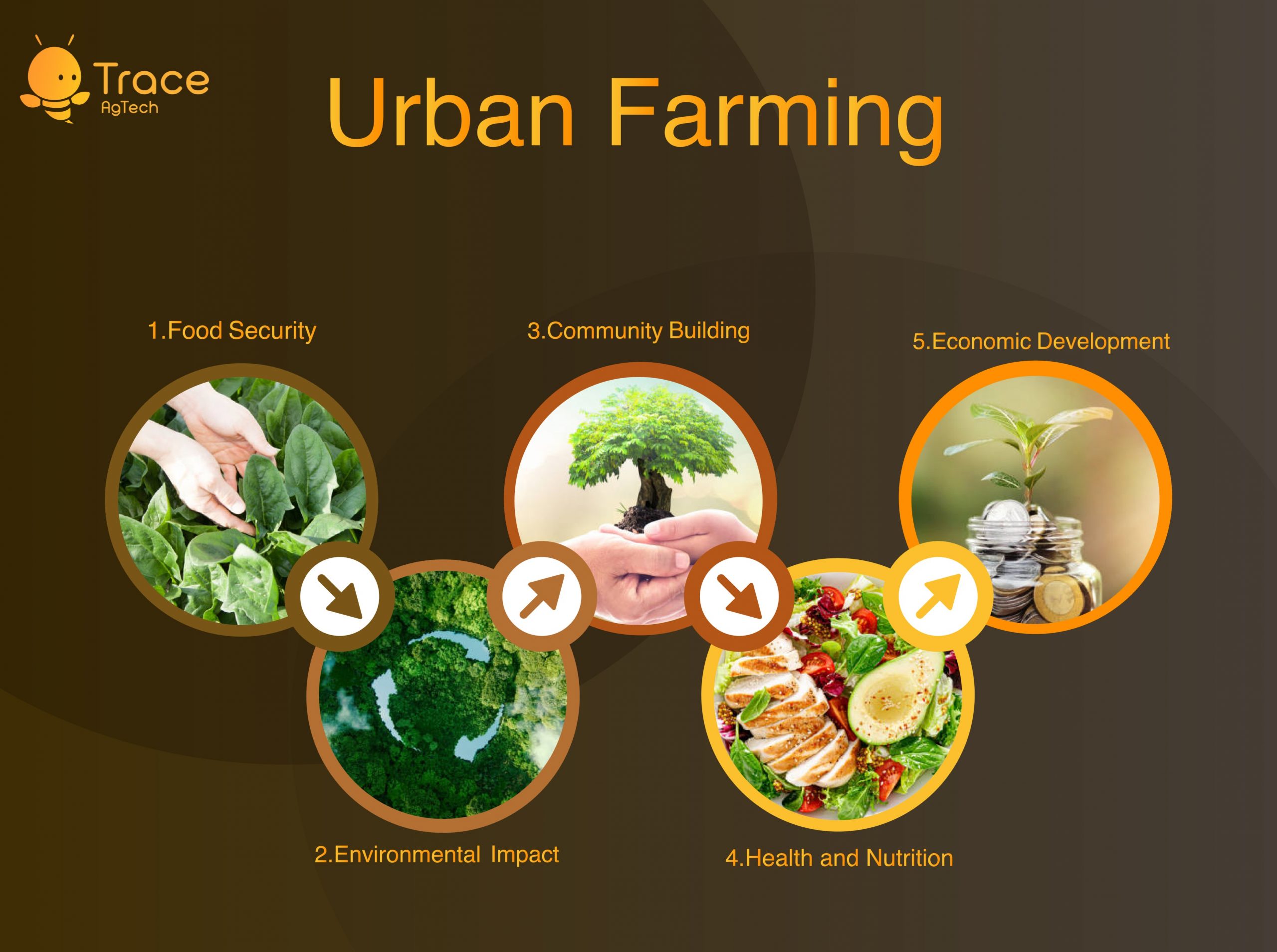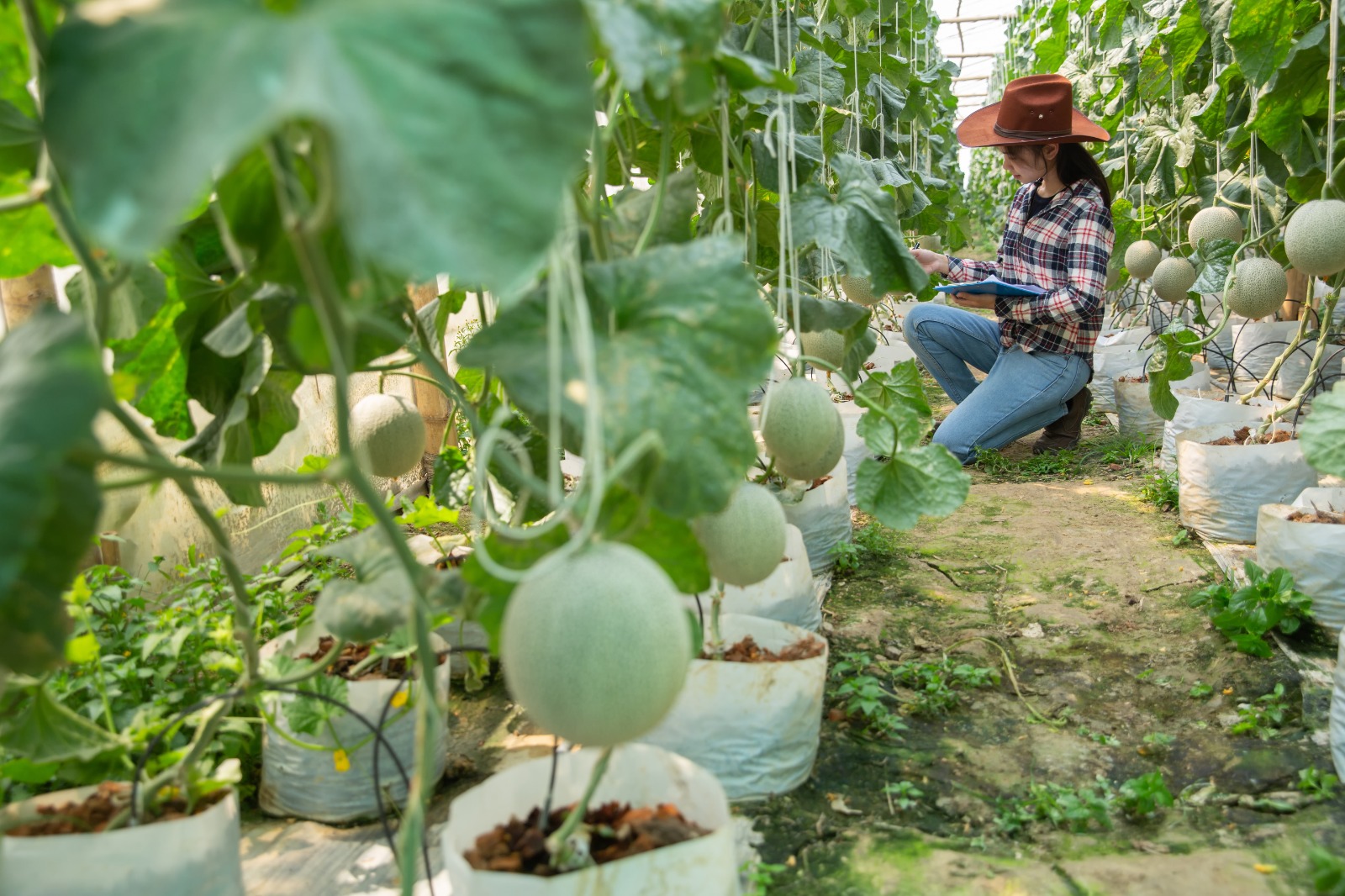Urban Farming: Bringing Sustainability to the Concrete Jungle
In recent years, urban farming has gained significant traction as a sustainable solution to various environmental and social challenges. This practice involves cultivating, processing, and distributing food in or around urban areas. As cities expand and populations grow, such a farming offers a range of benefits, from reducing food miles to promoting community engagement and food security. In this blog, we will delve into the world of urban farming, exploring its history, benefits, challenges, innovations, and future prospects.
History of Urban Farming
Urban farming is not a new concept. In fact, it has been practiced for centuries, dating back to ancient civilizations such as the Aztecs, who built floating gardens in Tenochtitlan (now Mexico City). Similarly, the Hanging Gardens of Babylon are believed to have been an early example of such a farming.
During the World Wars, urban farming gained popularity as a way to supplement food supplies during times of scarcity. Victory Gardens, as they were called in the United States, were promoted as a patriotic duty and helped reduce pressure on the public food supply.
Benefits
- Food Security: This type of farming reduces dependence on external food sources, making communities more resilient to disruptions in the food supply chain.
- Environmental Impact: By growing food locally, urban farming reduces the carbon footprint associated with transportation and storage. It also promotes biodiversity and reduces the need for harmful pesticides and fertilizers.
- Community Building: Urban farms often serve as gathering places, fostering a sense of community and providing educational opportunities for residents, particularly children.
- Health and Nutrition: Access to fresh, locally grown produce can improve the health and well-being of urban residents, especially in areas where healthy food options are limited.
- Economic Development: Urban farming can create jobs and stimulate economic activity, particularly in underserved communities.

Challenges
While such a farming offers numerous benefits, it also faces several challenges:
- Land Availability: In densely populated cities, finding suitable land for farming can be challenging. Many urban farms rely on rooftops, vacant lots, or community gardens.
- Regulatory Hurdles: Zoning laws, health regulations, and other bureaucratic hurdles can make it difficult to start and maintain urban farms.
- Resource Constraints: Urban farms often face limitations in terms of water, sunlight, and soil quality, which can impact crop yields.
- Community Resistance: Some communities may be resistant to the idea of urban farming due to concerns about noise, odors, or property values.
Innovations
Despite these challenges, urban farming is thriving, thanks in part to technological innovations that are revolutionizing the way food is grown in cities.
- Vertical Farming: Vertical farming involves growing crops in stacked layers, often in controlled environments like warehouses. This approach maximizes space and allows for year-round production.
- Aquaponics and Hydroponics: These soilless farming techniques use water to deliver nutrients to plants, resulting in higher yields and less water usage compared to traditional farming methods.
- Urban Beekeeping: Keeping bees in urban areas can improve pollination rates and increase urban biodiversity.
- Mobile Farming: Some of these farms are mobile, using repurposed shipping containers or trucks to grow food and bring it directly to consumers.
Future of Urban Farming
As the world grapples with the challenges of climate change, urbanization, and food insecurity, the importance of urban farming is only expected to grow.
- Technology: Advances in technology, such as artificial intelligence and automation, will continue to enhance the efficiency and productivity of urban farms.
- Policy Support: Governments and policymakers are recognizing the value of such a farming and are implementing policies to support its growth, such as tax incentives and zoning reforms.
- Education and Awareness: Educating the public about the benefits of urban farming and promoting sustainable food practices will be crucial in ensuring its long-term success.
- Collaboration: Collaboration between government, private sector, and community organizations will be essential in overcoming the challenges facing urban farming and creating a more sustainable food system.
In conclusion, urban farming is a powerful tool for promoting sustainability, community resilience, and food security in an increasingly urbanized world. By embracing innovative farming techniques and policies that support agriculture, we can create a more sustainable and equitable food


Any comments?